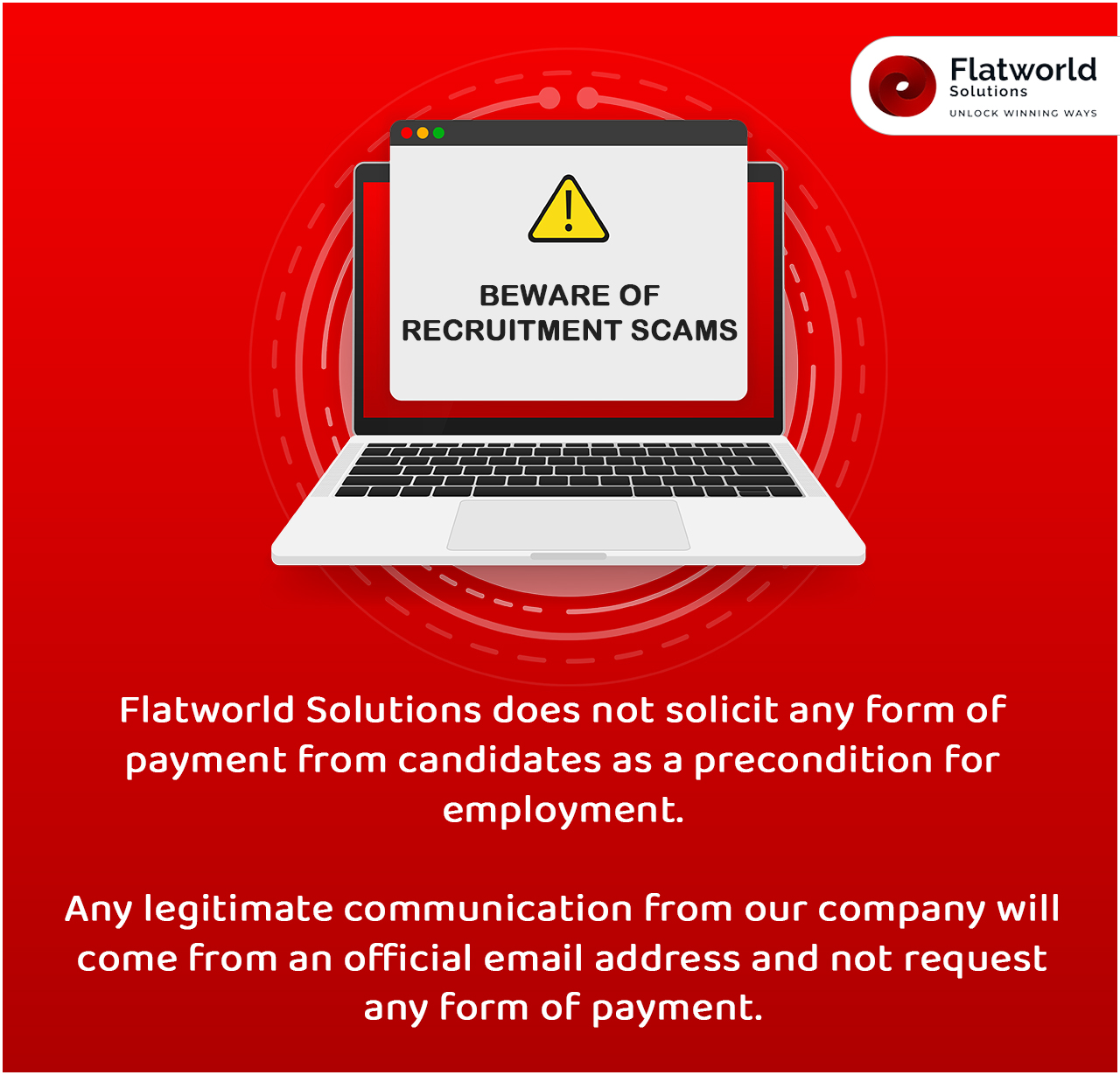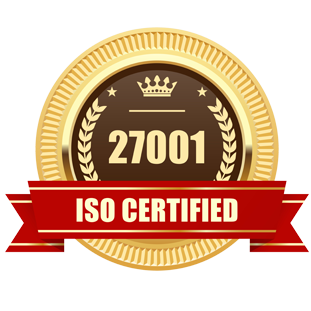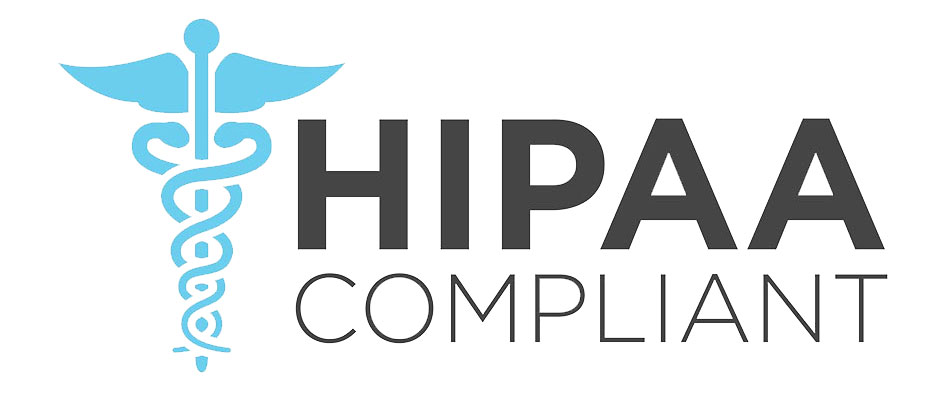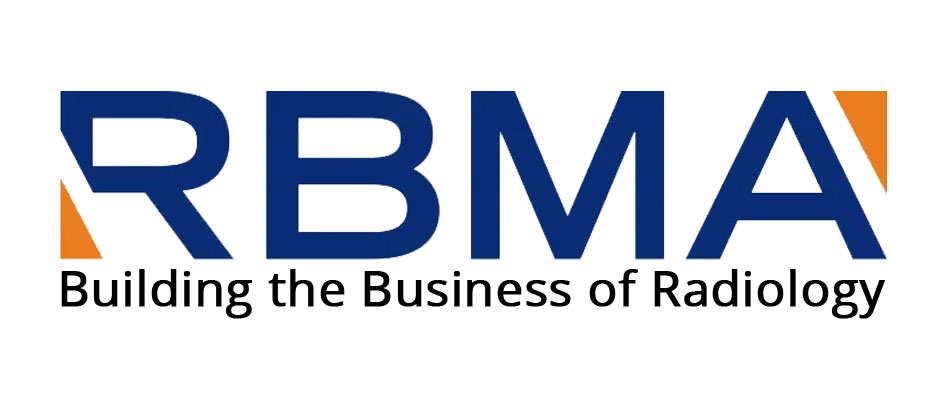As per the Medical Group Management Association (MGMA) stat poll, 67% of the leading healthcare organizations reported that their rate of claims denials had increased by 17% in 2021. This alarming trend emphasizes the need for effective claims management processes to secure the financial health of providers while improving patient experiences.
Constant updates in payer requirements and regulatory compliance demand streamlined processes where insurers and healthcare providers collaborate to maximize reimbursements. Integrating advanced analytics is one of the surest ways to improve claim accuracy by identifying coding errors, fraudulent claims, and missing documentation. Strategic investments in technology and staff training lead to near-seamless reimbursements.
Let’s now explore some of the best practices that redefine traditional claims processing steps in healthcare to boost cash flow.
Best Practices to Improve Claims Management in Healthcare
Ensuring operational efficiency in claims management directly impacts the cash flow and reduces the instances of claims denials. Here are some actionable strategies to help you optimize your claims processes and enhance overall revenue cycle management.
-
Implementing Data-powered Solutions
Using advanced claims management software and optimizing Electronic Health Records (EHR) improves the efficiency of medical claims processing. This can be further enhanced by automating error detection and using real-time claims tracking tools.
Artificial Intelligence (AI) and Machine Learning (ML) algorithms can also be used to predict denial trends. Today, cloud-based platforms are used to ensure secure and easy data exchange between departments and payers.
-
Supporting Employee Learning Programs
Training and educating the staff involved in billing and coding is an essential step in keeping them updated with contemporary coding standards such as CPT and ICD-10 codes. It is also important to keep your staff updated with the latest developments in payer requirements and regulatory changes to prevent the usual missteps that cause denials.
Cross-training your employees in various aspects of revenue cycle management is also important to foster a versatile workforce that swiftly adapts to evolving challenges.
-
Establishing Clear Communication with Payers
Transparent communication with payers followed by prompt responses to their queries facilitates quicker claims resolution. Setting up regular feedback sessions and meetings with the representatives of payers addresses recurring problems and clarifies compliance requirements.
This shared understanding of requirements and expectations minimizes discrepancies and improves approval rates. In addition, the usage of automated systems such as Electronic Data Interchange (EDI) reduces paperwork and accelerates processing times.
-
Switching to Comprehensive Denial Management Approaches
Identifying the root causes of denials and implementing corrective measures helps improve denial management of healthcare claims . This includes using analytics to analyze denial patterns, gain insights into systemic issues, and identify areas for improvement.
Assigning a dedicated team to manage denials is an effective way to ensure prompt follow-ups and settlements. Finally, regularly updating internal processes as per payer policies further reduces denial rates.
-
Adopting Patient-centric Approaches
Engaging patients in every possible step of claims management improves data accuracy and improves communication. This also educates patients about their financial responsibilities and insurance coverage details, which minimizes the instances of billing disputes.
Collaborative platforms, such as intuitive and user-friendly patient portals, allow easy verification of treatment information and track claims. Proactive patient involvement where possible in the claims process flow fosters transparency and builds trust.
Strategic Imperatives in Modern Claims Management
Integrating robust process improvements with advanced claims technologies enables healthcare organizations to tackle the complexities of modern claims reimbursement systems. Today, leading providers are implementing intelligent automation to digitize tedious documentation processes and minimize human errors.
Fostering strong partnerships with payers through transparent communication and proactively addressing potential issues significantly reduces the likelihood of denials. Investing in continuous staff training and education helps maintain team agility.
As the industry shifts towards value-based care, incorporating patient-centric approaches can improve the experience of care receivers and enhance their loyalty. This positively influences the financial metrics of providers and positions them to achieve sustainable financial success while delivering superior care.
Contact UsOur Customers





Key Differentiators
AHIMA Healthcare Convention 2016

USA
Flatworld Solutions
116 Village Blvd, Suite 200, Princeton, NJ 08540
PHILIPPINES
Aeon Towers, J.P. Laurel Avenue, Bajada, Davao 8000
KSS Building, Buhangin Road Cor Olive Street, Davao City 8000
INDIA
Survey No.11, 3rd Floor, Indraprastha, Gubbi Cross, 81,
Hennur Bagalur Main Rd, Kuvempu Layout, Kothanur, Bengaluru, Karnataka 560077















